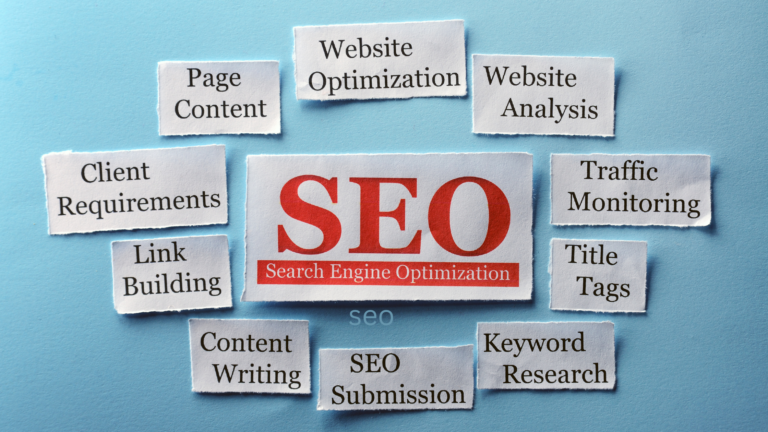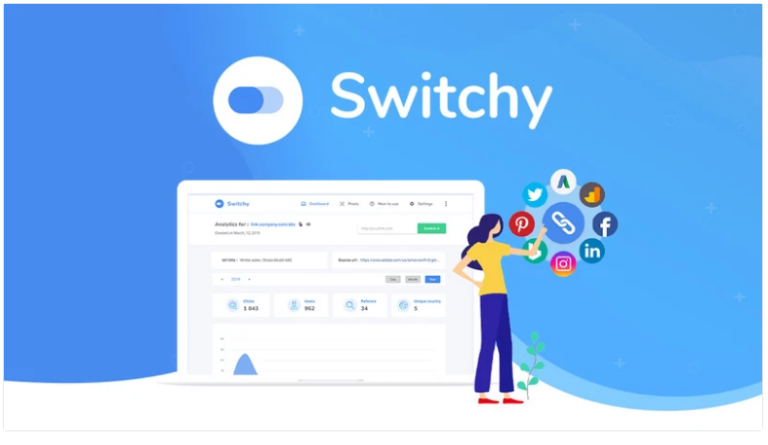B2B Lead Generation Tools: Your Ultimate Guide to Boosting Sales
What Are B2B Lead Generation Tools?
In Business-to-business (B2B) marketing,
lead generation attracts and converts potential customers—other businesses—into leads.
These leads are then nurtured through various stages until they become paying customers.
Simply put, B2B lead generation Tools are about finding
the right businesses that need your product or service and turning them into loyal customers.
Importance of Lead Generation in B2B Marketing
Without effective lead generation, your business would struggle to grow.
In B2B marketing, generating high-quality leads is crucial because it directly impacts your sales pipeline.
A strong lead generation strategy helps you target the right audience,
reduce sales cycles, and ultimately boost revenue.
It’s the lifeblood of any B2B company looking to scale its operations.
Types of B2B Lead Generation Tools
Overview of Different Types
There’s no one-size-fits-all tool for B2B lead generation.
The process involves multiple stages,
from identifying potential leads to nurturing them into sales-ready prospects.
This is why different tools are needed to address each stage effectively.
Why You Need Multiple Tools for Effective Lead Generation
Using various tools allows you to cover all aspects of lead generation,
from initial outreach to customer relationship management.
It ensures you have a comprehensive approach, capturing leads through various channels and nurturing them effectively.
CRM Tools for Lead Management
What is a CRM?
Customer Relationship Management (CRM)
tools are essential for managing interactions with current and potential customers.
These tools help you organize, automate,
and synchronize sales, marketing, customer service, and technical support.
Top CRM Tools for B2B Lead Generation
Some of the best CRM tools for B2B lead generation include:
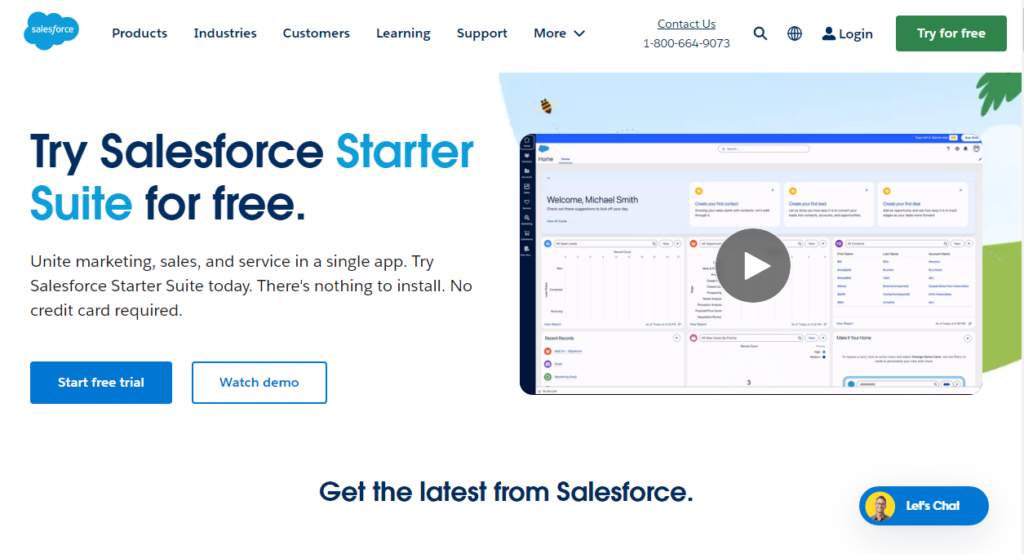
Salesforce: A leading CRM platform that offers a wide range of features,
including lead management, sales forecasting, and marketing automation.
HubSpot CRM is a free, user-friendly tool for small to medium-sized businesses.
Zoho CRM: A cost-effective solution that offers
comprehensive CRM capabilities, including lead scoring and analytics.
Email Marketing Tools
Importance of Email Marketing in B2B
Email marketing remains one of the most effective channels for B2B lead generation.
It allows you to reach out directly to potential leads,
nurturing them with personalized content that addresses their needs.
Best Email Marketing Tools for B2B Lead Generation
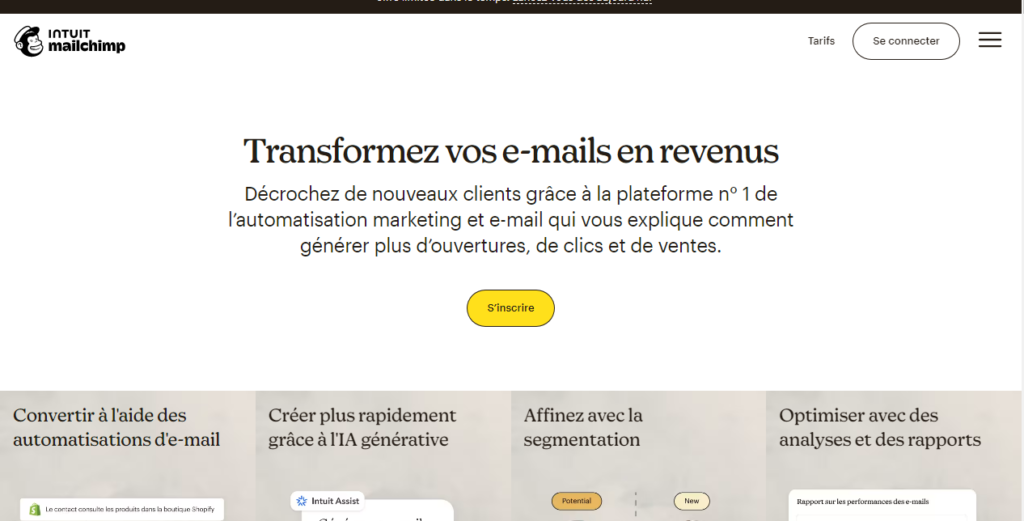
Mailchimp: Known for its ease of use and powerful automation features.
ActiveCampaign: Offers advanced segmentation and automation,
making it ideal for targeted campaigns.
Sendinblue: Combines email marketing with SMS marketing,
offering a multi-channel approach to lead generation.
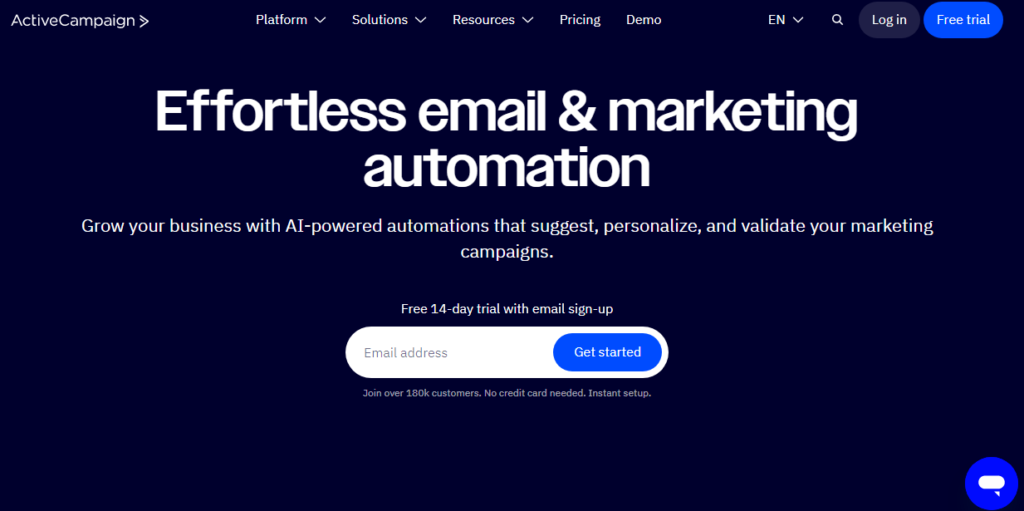
Social Media Management Tools
Role of Social Media in B2B Lead Generation
Social media isn’t just for B2C companies; it’s also a powerful tool for B2B lead generation.
Platforms like LinkedIn, Twitter, and Facebook allow you to connect with potential leads,
share valuable content, and engage in meaningful conversations.
Best Social Media Management Tools
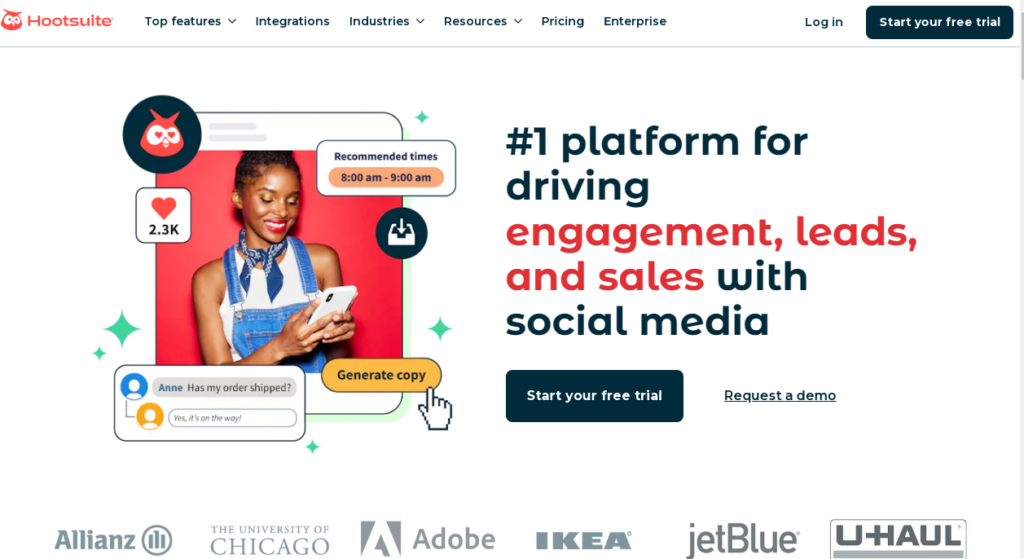
Hootsuite: You can manage all your social media accounts from one dashboard.
Buffer: Offers scheduling, analytics, and social media engagement features.
Sprout Social: Known for its robust reporting and social listening capabilities.
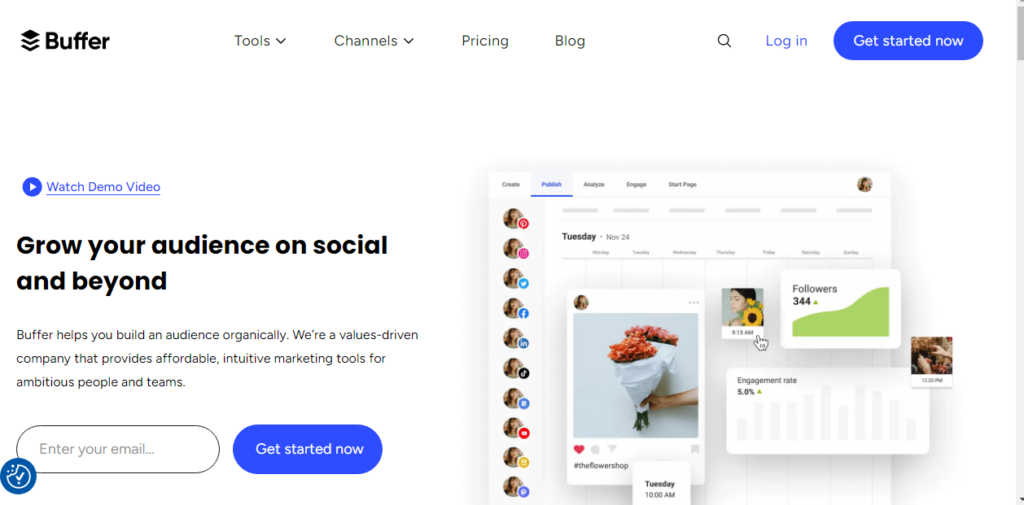
Content Marketing Tools
How Content Drives B2B Lead Generation
Content is king in B2B lead generation. Whether blog posts, whitepapers,
or case studies, valuable content helps you attract and engage your target audience,
building trust and authority in your industry.
Top Content Marketing Tools for B2B
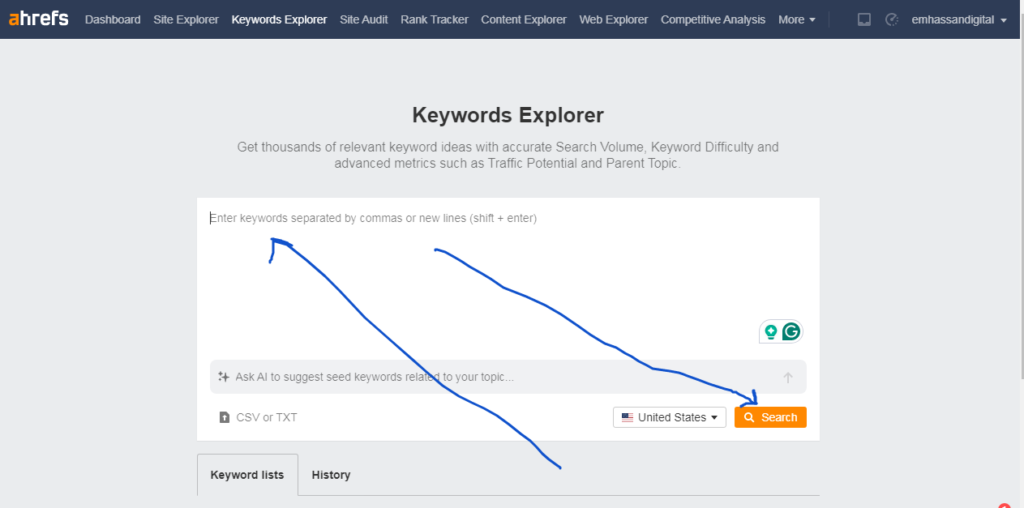
Ahrefs: A comprehensive SEO tool that also offers content research and analysis.
BuzzSumo: Helps you find popular content topics and analyze competitors.
CoSchedule: Combines content marketing with
social media management, allowing you to plan and execute campaigns seamlessly.
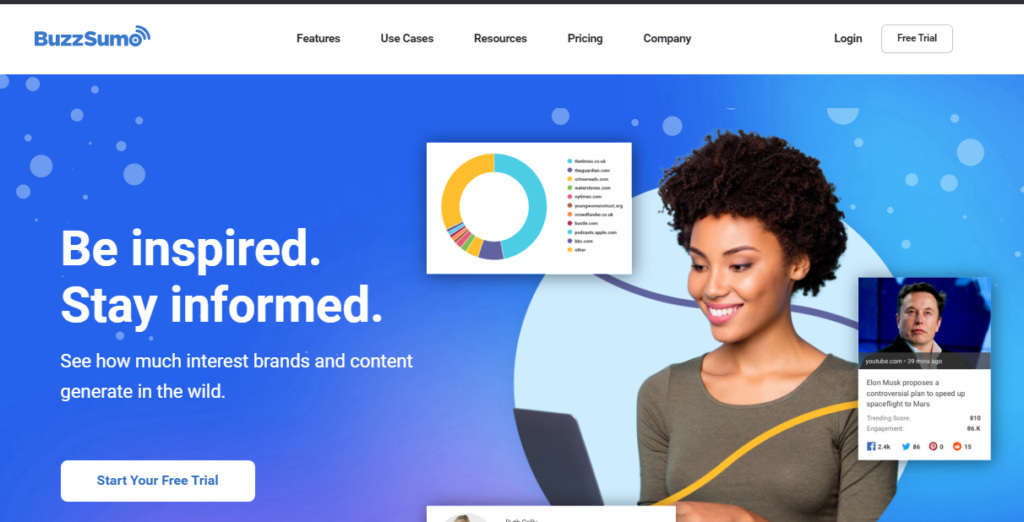
SEO Tools for B2B Lead Generation
Importance of SEO in B2B Marketing
Search Engine Optimization (SEO) is critical for B2B lead generation.
It helps your business appear in search results when
potential leads are looking for solutions you offer,
driving organic traffic to your website.
Best SEO Tools for Lead Generation
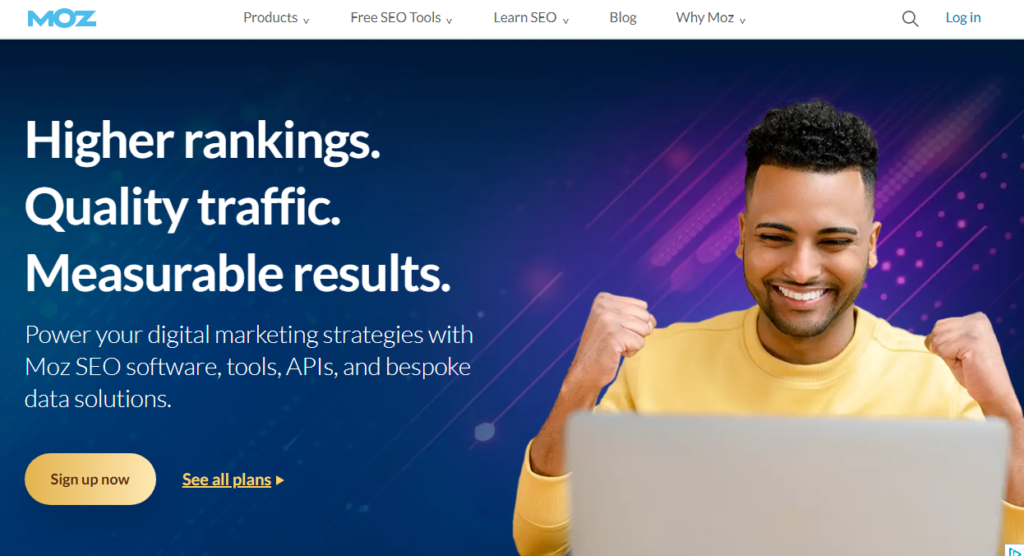
SEMrush: Offers keyword research, competitor analysis, and backlink tracking.
Moz: Known for its user-friendly interface and comprehensive SEO tools.
Google Search Console: A free tool that helps you monitor
and optimize your website’s search results performance.
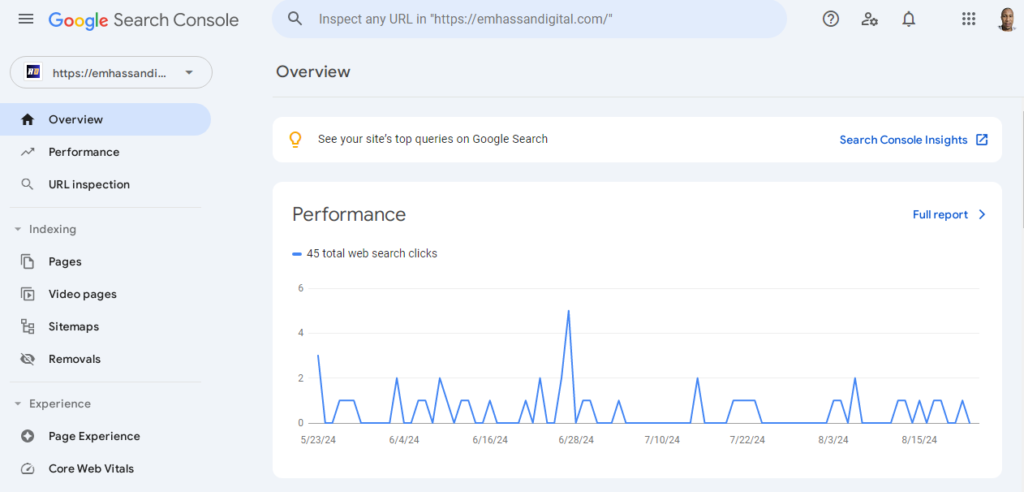
Automation Tools
How Automation Improves Lead Generation Efficiency
Automation tools streamline the lead generation process,
allowing you to manage and nurture leads more efficiently.
These tools can automate tasks like email marketing, social media posting,
and lead scoring, freeing up your time for more strategic activities.
Top Automation Tools for B2B Lead Generation
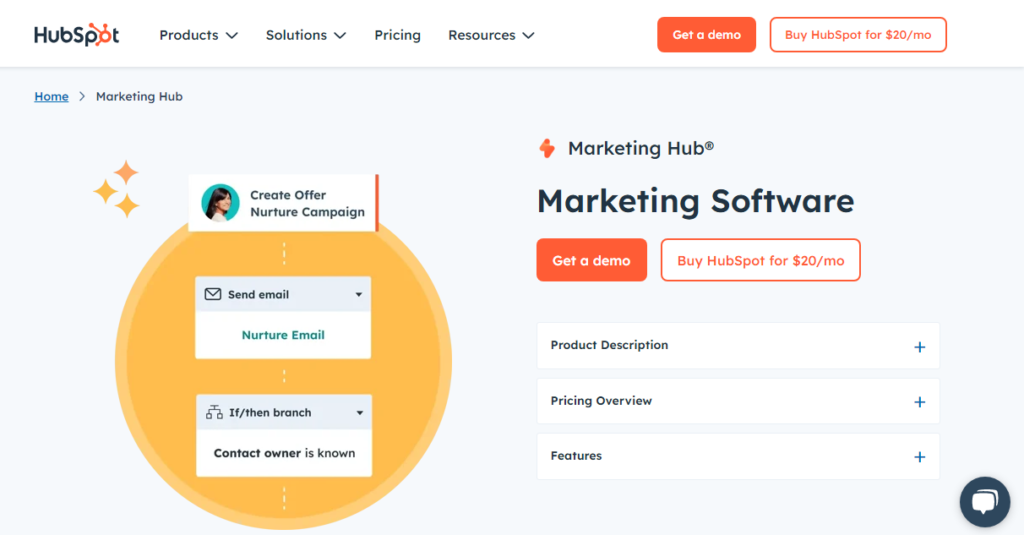
Pardot: A Salesforce product that offers marketing automation tailored for B2B.
Marketo: Provides a wide range of automation features,
from email campaigns to lead nurturing.
HubSpot Marketing Hub: Combines CRM with marketing automation,
offering a complete solution for B2B lead generation.
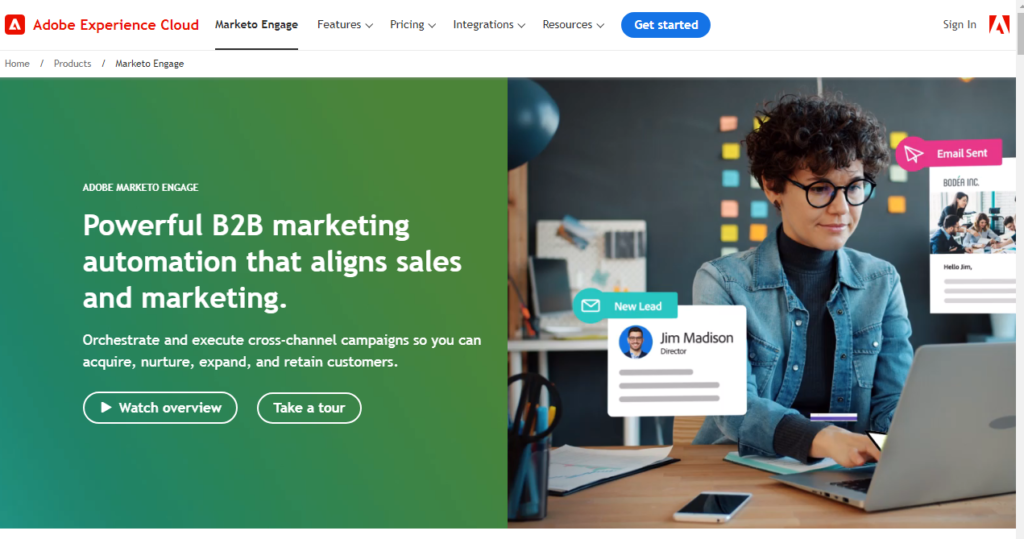
Lead Scoring Tools
What is Lead Scoring?
Lead scoring is the process of ranking leads
based on their likelihood of converting into customers.
This helps your sales team prioritize their efforts,
focusing on the leads most likely to result in a sale.
Best Tools for Effective Lead Scoring
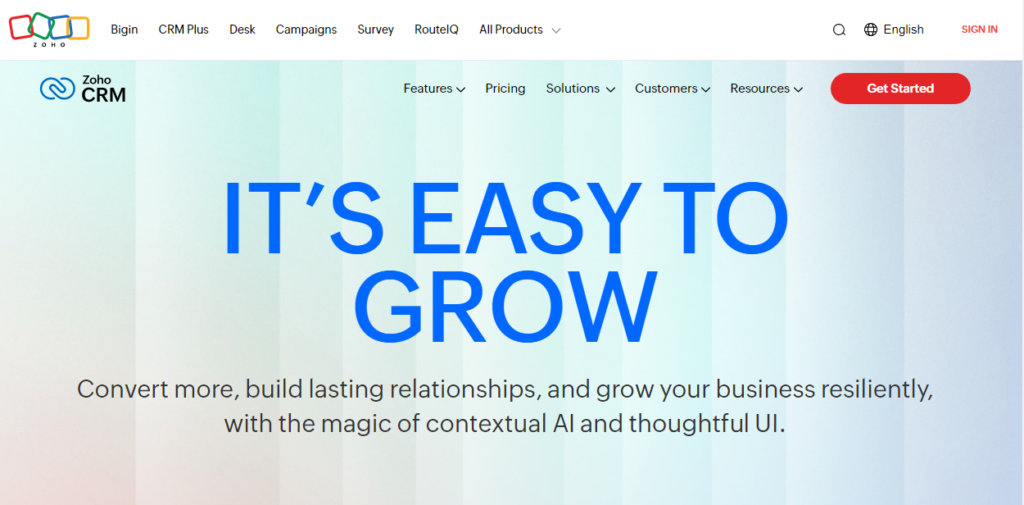
Infer: Uses predictive analytics to score leads based on data.
LeadSquared: Offers customizable lead scoring based on your specific criteria.
Zoho CRM: Includes built-in lead scoring features,
allowing you to rank leads quickly.
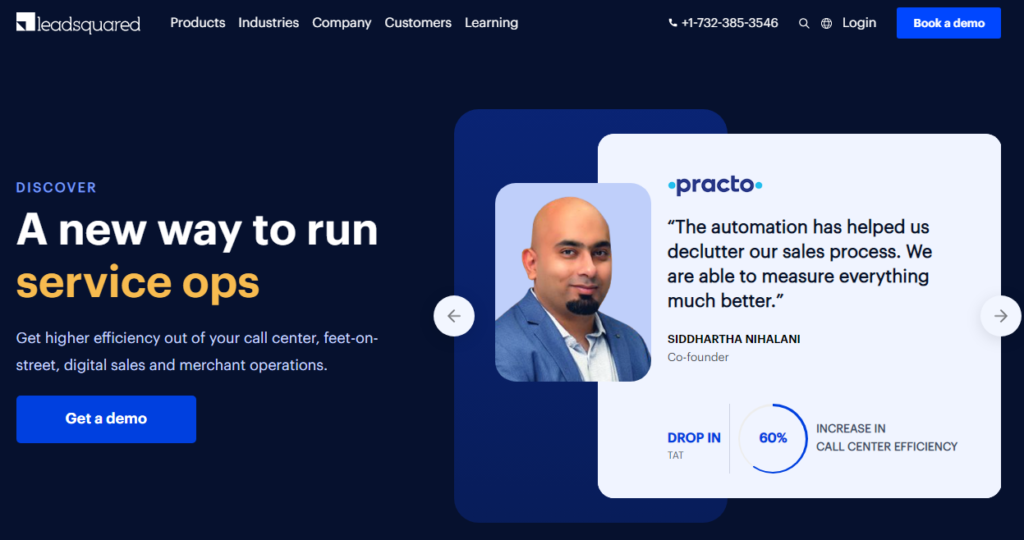
Data Enrichment Tools
Why Data Enrichment is Crucial for B2B
Data enrichment involves adding valuable information to your existing lead data,
such as company size, industry, or contact details.
This helps you better understand your leads and tailor your outreach efforts.
Top Data Enrichment Tools
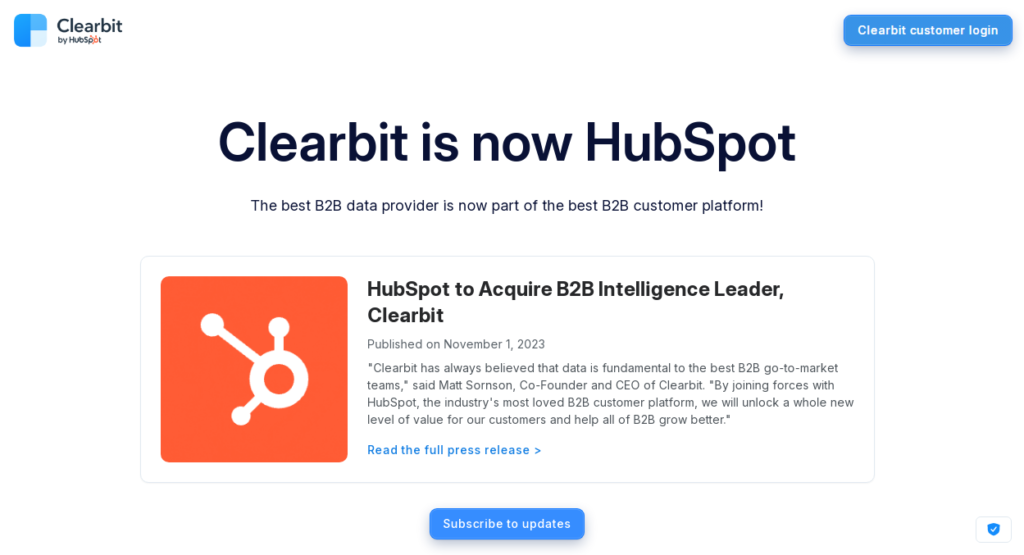
Clearbit: Enriches your lead data with real-time information from various sources.
ZoomInfo: Provides detailed company and contact information,
helping you target suitable leads.
InsideView: Offers data enrichment along with sales intelligence
and market insights.
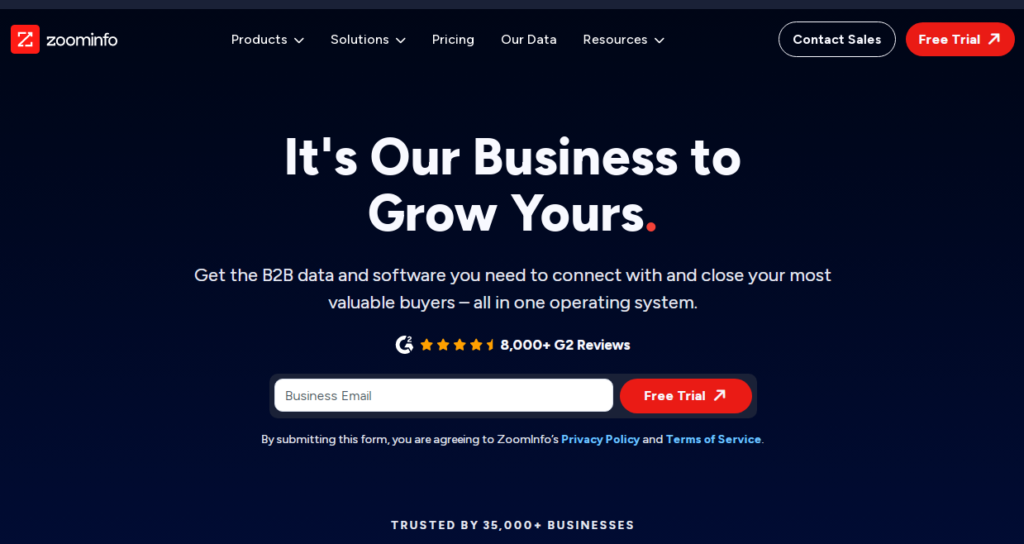
Web Analytics Tools
Importance of Web Analytics in Lead Generation
Web analytics tools help you track and analyze your website’s performance,
providing insights into how visitors interact with your content.
This data is crucial for optimizing your lead generation strategies.
Best Web Analytics Tools for B2B
Google Analytics: A free tool that offers comprehensive web analytics,
from traffic analysis to conversion tracking.
Hotjar: Provides heatmaps and session recordings, helping you understand user behavior.
Mixpanel: Focuses on product analytics,
allowing you to track user interactions with your digital products.
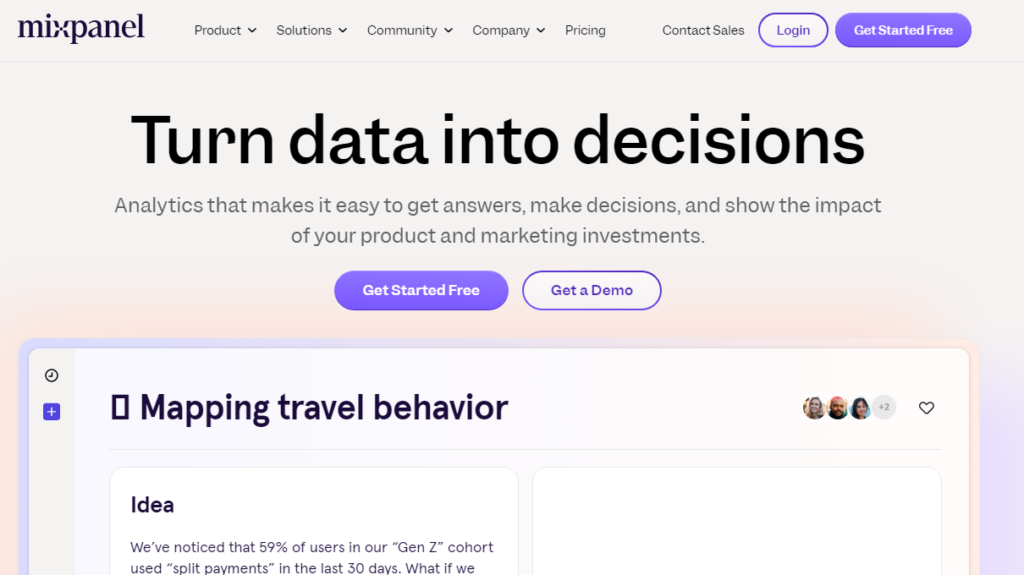
Lead Capture Tools
What are Lead Capture Tools?
Lead capture tools help you collect information from potential leads,
usually through forms or landing pages.
This data is then used to nurture the leads through your sales funnel.
Top Lead Capture Tools for B2B
OptinMonster: Allows you to create high-converting forms and pop-ups.
Unbounce: Specializes in landing page creation and optimization.
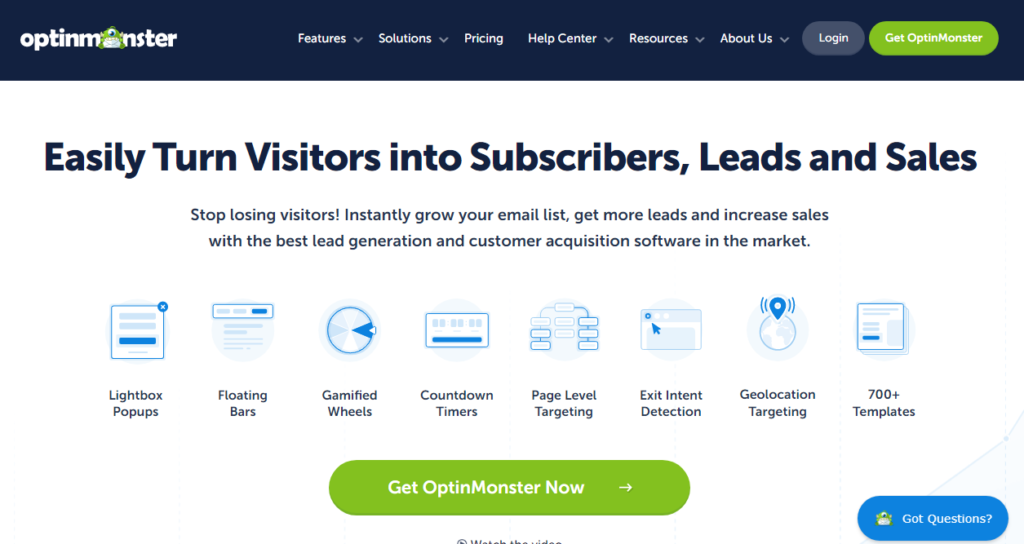
Choosing the Right B2B Lead Generation Tools
Factors to Consider
When choosing B2B lead generation tools,
consider your budget, business size, and specific needs.
Selecting tools that align with your goals
and can scale with your business is essential.
How to Align Tools with Your Business Goals
Make sure the tools you choose complement each other and integrate seamlessly.
This will help you create a cohesive lead-generation strategy that drives results.
Integrating B2B Lead Generation Tools
Importance of Tool Integration
Integrating your lead generation tools ensures data flows smoothly between them,
providing a complete view of your lead generation efforts.
This helps you make data-driven decisions and optimize your strategies.
Best Practices for Integrating Tools
Use a CRM as a central hub: Connect all your lead generation
tools to your CRM for easy management and analysis.
Choose tools with native integrations: This reduces the need for third-party connectors and minimizes technical issues.
Regularly audit your tool stack: Ensure all tools are working together
efficiently and remove any that are no longer needed.
Conclusion
Summary of Key Points
B2B lead generation is a complex process that requires various tools to succeed.
Each plays a crucial role in capturing and nurturing leads,
from CRM systems and email marketing platforms to SEO and automation tools.
By carefully selecting and integrating the right tools,
you can streamline your lead generation process and significantly boost your sales.
Final Thoughts on B2B Lead Generation Tools
In today’s competitive market, having the right B2B lead generation tools is essential for success.
These tools help you attract and manage
leads and provide valuable insights that can improve your overall marketing strategy.
Invest in the tools that best fit your business needs,
and you’ll be well on your way to generating more leads and closing more deals.
FAQs
What is the best tool for B2B lead generation?
There isn’t a one-size-fits-all answer, as the best tool depends on your specific needs.
However, Salesforce, HubSpot,
and Mailchimp are among the most popular and effective tools for B2B lead generation.
How do I choose the right lead-generation tool?
Consider your business goals, budget, and specific features.
Choosing tools that can integrate with your existing systems is also essential.
Can I use multiple tools for lead generation?
Using multiple tools allows you to cover different aspects of lead generation,
from capturing leads to nurturing them and analyzing their behavior.
How does automation help in lead generation?
Automation tools streamline repetitive tasks like email marketing,
social media posting, and lead scoring,
allowing you to focus on more strategic activities and improve overall efficiency.
What are the most essential features to look for in a lead generation tool?
Key features include ease of use, integration capabilities, scalability, and robust analytics.
These features ensure the tool will grow with
your business and provide the insights needed to refine your strategies.



